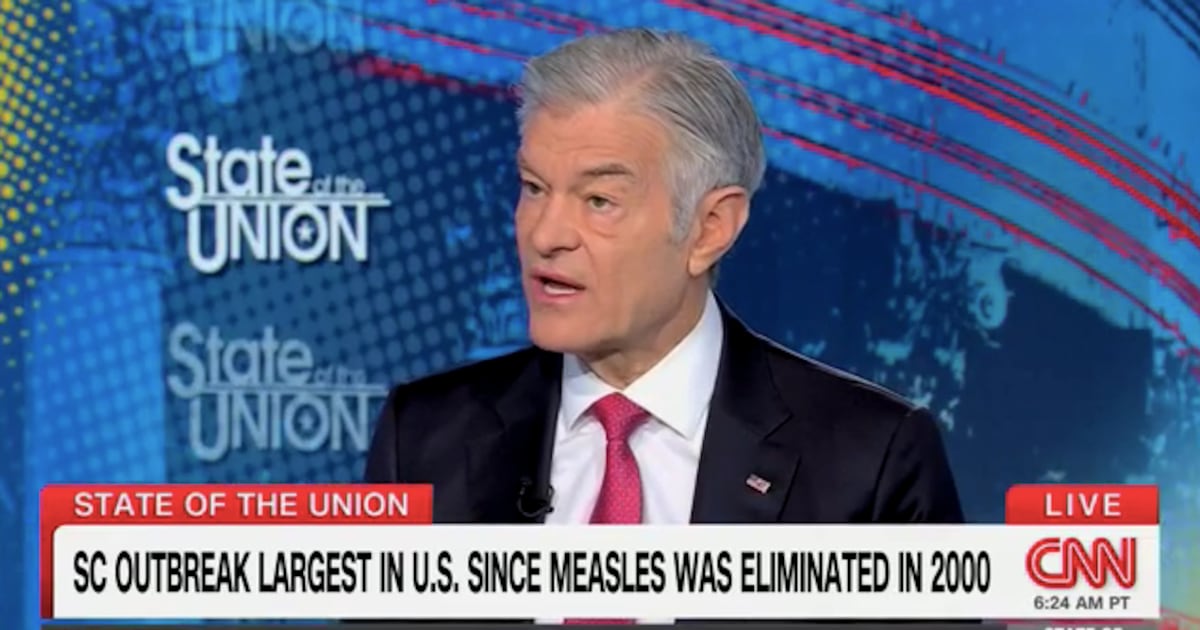Anthony Kennedy’s Wednesday announcement that he will retire from the Supreme Court has sparked a wave of dystopic predictions from the left. Gay marriage could be in jeopardy. So could efforts to end solitary confinement and the death penalty.
One decision that could see a total flip—depending on the ideology of an incoming justice—is Roe v. Wade. And there are two likely outcomes of their decision: either a total overhaul that grants states the power to decide their own abortion laws, or a slow corrosion of Roe’s protections that render it meaningless.
If Roe v. Wade is overturned—an outcome that some legal experts predict is less than 18 months away—25 states already have legislation in place that would immediately take hold, according to data from the Guttmacher Institute. This is what would happen:

Four states—Louisiana, Mississippi, North Dakota, and South Dakota—have laws that would automatically ban abortion if Roe is overturned. In North Dakota, physicians are exempt in cases of rape, incest, or when the woman’s life is at risk. In the other three, no such exemptions exist.

Ten states would revert to the pre-Roe abortion bans that they still have on the books. But it’s unclear if these would be enforced or even maintained, especially in more liberal states like Massachusetts.

On the other end of the spectrum, eight states—including California, Connecticut, and Hawaii—have enshrined some or all of Roe’s protections into state law, guaranteeing their residents continued access to abortion regardless of the Supreme Court’s decision.

In the meantime, many states are at risk of losing abortion access simply because they won’t have any clinics left. Seven states, including Kentucky, West Virginia, and Wyoming, only have one remaining clinic, after a series of regulations forced others to close their doors.
Editor’s Note: The author previously worked at Planned Parenthood.







